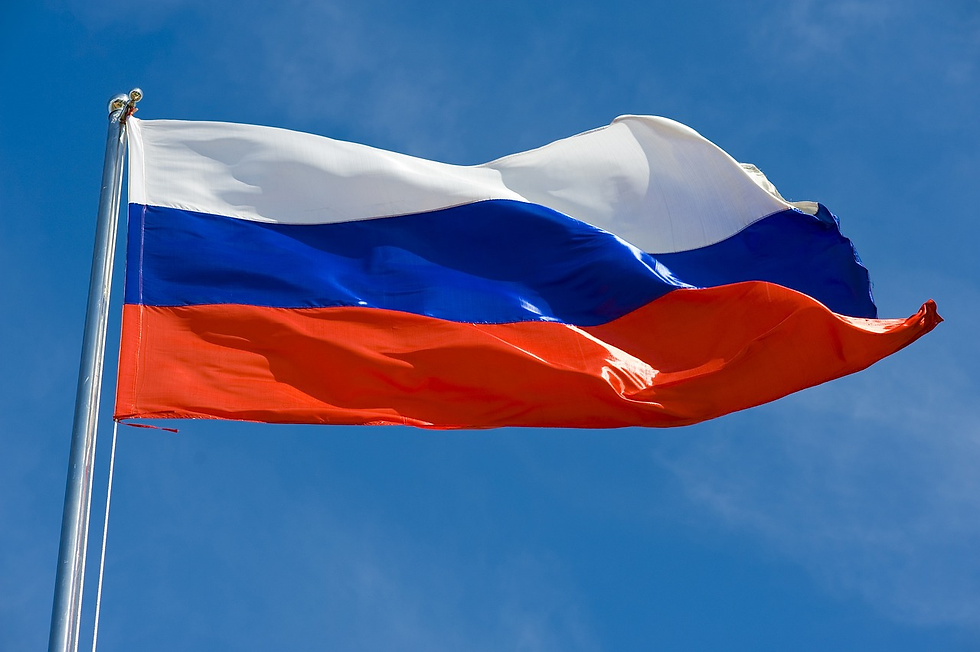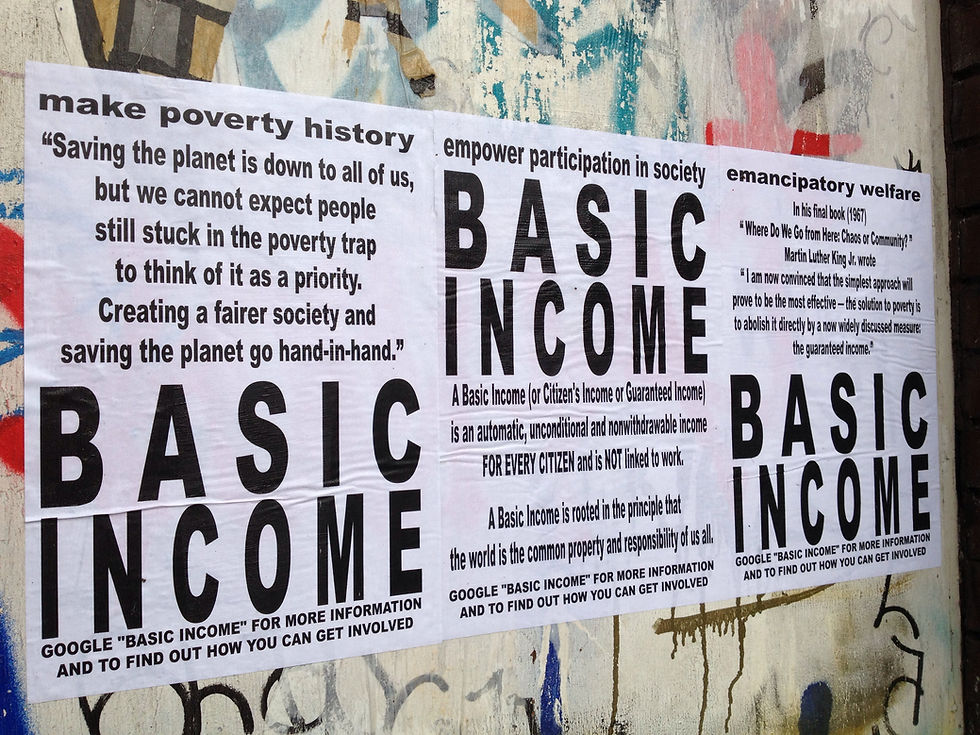Russia Faces Sport Sanctions
- Dylan Davies

- Mar 5, 2022
- 3 min read
Updated: Dec 23, 2024
After weeks of military build-up on the Ukrainian border, the 24th of February marked the beginning of Russia invading their western neighbour. Since then, there has been an overwhelming outpouring of support for Ukraine and its people, particularly among sports agencies around Europe and the world.
Tensions have risen on the border of the two countries since the annexation of the Ukrainian peninsula of Crimea in 2014, a move that is still not recognised by the Ukrainian government and most of the international community. Some international observers believe that increasing NATO's increased influence in the former Soviet Union may have contributed to Vladimir Putin's decision to invade. In 2004, NATO expanded to encompass the Eastern European countries of Albania, Bulgaria, Estonia, Latvia, Lithuania, North Macedonia, Romania, Slovakia, and Slovenia.

In recent years, Ukraine has expressed an interest in joining the military alliance, much to the dismay of the Russian government, as Putin considers the prospect of further NATO expansion menacing and a major threat to his country. On the 21st of February 2022, President Putin recognised two breakaway republics in western Ukraine that are controlled by Russian separatists. The regions of Donetsk and Luhansk lie in the wider Donbas region, which is now claimed by these breakaway republics. This led to a full-scale invasion being launched into Ukraine on the 24th of February, with Putin calling it a “special military operation”.
Perhaps one of the key sports events to pull out of Russia is the UEFA Champions League Final. This football event was scheduled for the 28th of May in the eastern city of St Petersburg in its Gazprom Arena (named after Russian state gas company Gazprom). The event will now be moved to Paris, and will be played at the city’s Stade de France for the first time since 2006. This is a massive decision from the football body as some calculations suggest that the event generates, and contributes, more than €3bn to a nation's economy.
Local football teams in the United Kingdom are also taking a stand against Russia and Russian companies. On Friday 25th of February, Manchester United released a statement saying they would be withdrawing the sponsorship rights of the Russian flag carrier and Russian Federation's largest airline, Aeroflot. The airline has been the team’s official carrier since 2013, and this was expected to continue until 2023. A statement from the club read, “In light of events in Ukraine, we have withdrawn Aeroflot's sponsorship rights”. Manchester United renewed this deal in 2015 at a cost of £29.9 million ($40 million)
On Monday, FIFA and UEFA, two key football bodies, suspended Russia’s national teams and clubs until further notice due to the invasion. This makes it likely that the country will be unable to compete in this year’s World Cup in Qatar and the Women’s Euro tournament in the United Kingdom. The Polish Football Association have said that they will refuse to play any World Cup playoff matches against Russia; Sweden and the Czech Republic have followed a similar path. This decision gathered praise from leaders such as Boris Johnson, who said that it is “inconceivable” to maintain normal sporting relations with Russia.
It is not only football that is pulling out of Russia. As a result of the invasion, the F1 Grand Prix, which was due to be held in Sochi in September, has been cancelled. A statement from the organisation said that “it is impossible to hold the Russian Grand Prix in the current circumstances", expressing hope for a swift and peaceful end to the conflict. The four-time champion, Sebastian Vettel, said that he would not attend the Grand Prix if it was held in Russia; this was echoed by fellow driver Max Verstappen. The Formula 1 organisation has also stated that it will be “no problem at all” to find a new location for this Grand Prix, however no plans have yet been put forward for an alternate venue.
Two days ago, the Winter Olympics followed suit, banning Russian and Belarusian athletes from competing at the 2022 Games. Initially, the International Paralympic Committee had said the athletes could compete as "neutrals"; the reversal of this decision has been labelled "illegal" by The Russian Paralympic Committee.
Sporting bodies' decision to take a hardline stance against Putin's invasion reflects the horror felt by the international community at this war.

_edited.png)



Comments